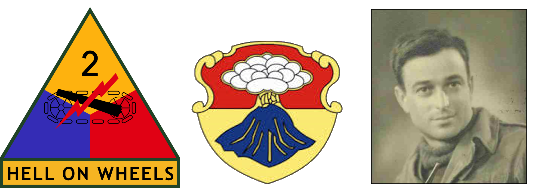
Source: Library of Congress
Before Pearl Harbor, the debate between the American isolationists and interventionists intensified with the German annexation of Austria and Czechoslovakia and its conquest of Poland, Belgium, the Netherlands, and France (The Great Debate, n.d.). Seven December 1941 was an apocalyptic day in American history and that of the world. On this day, the Japanese attacked Pearl Harbor at 7:48 AM (Hawaiian Time) on Sunday morning (Attack on Pearl Harbor, n.d.). This attack killed more than 2,300 Americans. The U.S.S. Arizona was destroyed, and the U.S.S. Oklahoma capsized. A total of 21 ships and vessels were sunk, breached, or damaged. Three hundred and ten aircraft were either destroyed or damaged.
The 7:55 AM (Eastern Time, 1:55PM) attack on Pearl Harbor was one of the greatest military surprises in military history that resulted in the destruction of the US Pacific Fleet. It was the intent of the Japanese to send a formal declaration of War before the attack. However, the formal declaration received following the attack. In this attack, 3,500 Americans were killed or wounded (National Archives and Wikipedia). President Franklin D. Roosevelt and his chief foreign policy aid, Harry Hopkins, were interrupted in the early afternoon by a telephone call from Secretary of War Henry Stimson detailing the attack. At around 5:00 PM, the President dictated his request to congress for a Declaration of War on Japan. The next day, 8 December, at 12:30 PM, the President delivered his address to a joint session of Congress. The Senate response to this President’s address was a unanimous vote in support of war, with only Montana pacifist Jeanette Rankin dissenting in the house. At 4:00 PM, President Roosevelt signed the declaration of war (National Archives and Wikipedia). This event shuttered all debate and ushered America's formal entry into World War 2. At the time of the Pearl Harbor bombing, Elizabeth was a student at Flora MacDonald College in Red Springs, NC, and Kenneth had been stationed at Fort Bragg, NC, since June 17, 1941. In Elizabeth's letter to Kenneth on 07 December 1941, the news of the day elicited a compelling and poetic description of her fears. Sources: https://www.archives.gov/milestone-documents/joint-address-to-congress-declaration-of-war-against-japan https://en.wikipedia.org/wiki/United_States_declaration_of_war_on_Japan https://www.loc.gov/item/today-in-history/december-07/. https://www.nationalww2museum.org/war/articles/great-debate. https://en.wikipedia.org/wiki/Attack_on_Pearl_Harbor.
